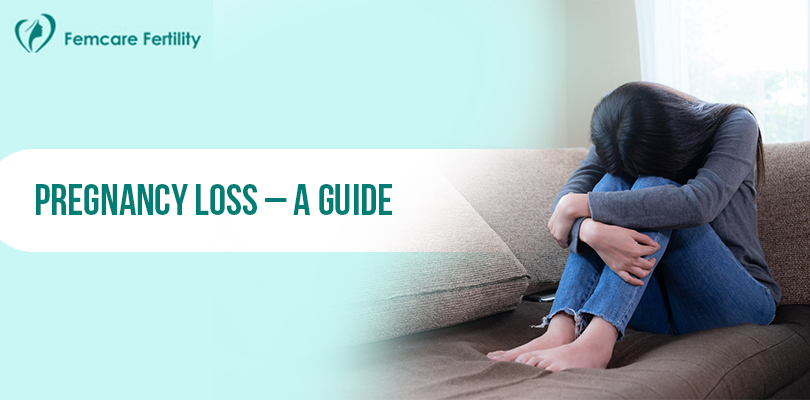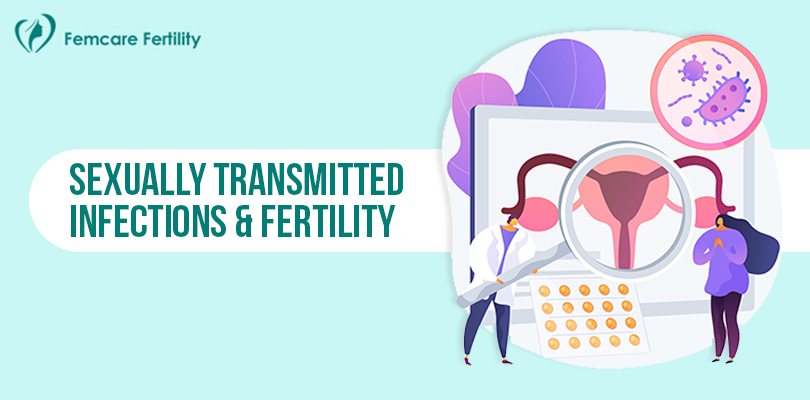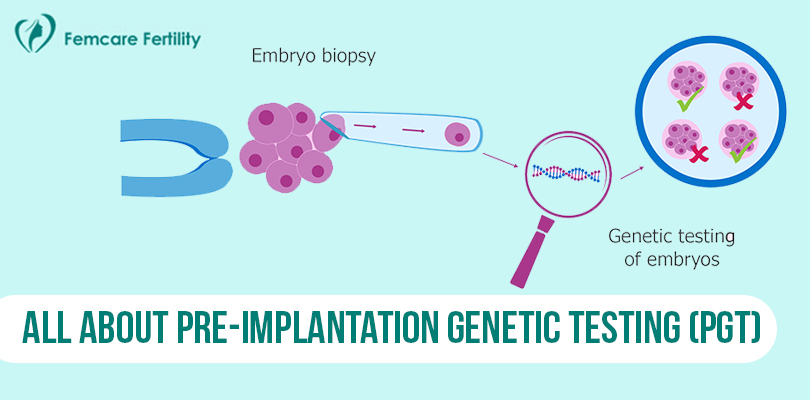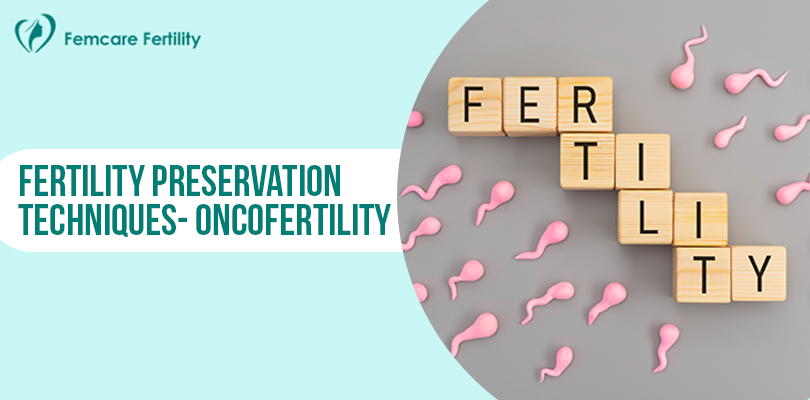Pregnancy losses, also commonly called miscarriages or abortions, are fairly common but extremely devastating events in a pregnant lady’s life.
Miscarriages are always spoken of in hush-hush tones and a lot of guilt and shame is associated with them. This leads to a dearth of awareness and this lack of information prevents the couples from seeking appropriate help and getting timely treatment.
This article aims to give a general overview on miscarriages to prevent misinformation as well as encourage couples to speak up about it and reach out to the correct resources when needed.
Almost 30-50% of pregnancies end in loss of which only about 15-20% are known. Most of them end up happening even before the lady realises of her pregnancy.
Miscarriages or spontaneous abortions are generally defined as pregnancy losses before 20 weeks of growth.
- Early miscarriage: These occur in the first 3 months of pregnancy (1st trimester) and account for about 80% of losses. Majorly associated with some genetic issues in the baby, reduced sperm or egg quality.
- Late miscarriage: Occur later in the 2nd trimester of pregnancy, upto 20 weeks. Most common causes are uterine problems, cervical insufficiency issues.Though “miscarriage” is used as a common term, there are different types of pregnancy losses and complications:
- Missed miscarriage: It occurs when sonography confirms the pregnancy but there is no heartbeat or growth of the baby in subsequent ultrasound(s). The lady does not experience any typical signs of miscarriage like bleeding and cramps.
- Complete miscarriage: This term is used when the woman experiences bleeding along with expulsion of the pregnancy tissues.
- Incomplete miscarriage – In this condition all the pregnancy tissues are not expelled and some remain in the womb which may need to be removed. Women may experience heavy bleeding.
- Chemical pregnancy: It occurs when the urine pregnancy test turns positive or blood test shows high level of the pregnancy hormone (hCG) but the baby doesn’t develop. The hormone levels may drop later.
- Blighted ovum: In this kind of pregnancy, only the pregnancy sac is formed, but the baby doesn’t develop inside.
- Molar pregnancy: It occurs due to presence of only father’s set of the chromosomes in both copies which leads to impaired development of the embryo and placenta. This poorly developed tissues need to be removed via surgery. Partial molar pregnancy is termed when the pregnancy tissues have both sets of the father’s chromosomes as well as one set of the mother’s.
- Ectopic pregnancy: This involves implantation of the fertilised egg outside the womb. Pregnancy usually starts developing in one of the fallopian tubes. If undiagnosed or not managed timely, this can lead to many complications for the woman.
Common signs of miscarriage:
- Cramping
- Heavy bleeding with or without clots/ tissue
- Severe pain in the abdomen, lower back
- Weakness, vomiting
All women experience different signs of abortion at different intensities. However, presence of any of the above signs must be immediately brought to the notice of the doctor!
Why does it happen? Risk factors:
A miscarriage is a natural phenomenon majorly occurring when the baby’s development is not appropriate for survival. It is not associated with general activities a pregnant woman undertakes like working or exercise. Having said that, there are certain risk factors which may predispose a lady to miscarriages:
- Age – Older women are at higher risk
- Smoking, alcohol, caffeine
- Infections
- Previous history of abortions – Can increase risk by about 40%
- Known hormonal issues or medical conditions – PCOS, diabetes, thyroid issues, obesity, hypertension (high BP), auto-immune conditions
- Structural problems in the uterus
- Having certain medications – Anti-inflammatory medicines
Testing:
Testing for pregnancy losses is usually undertaken after 2 or more consecutive miscarriages. Tests include:
- Genetic testing for chromosomes on the products of conception (POC – the tissue after pregnancy loss)
- Visualisation of the uterus – Sonographies / HSG/ Hysteroscopy
- Hormone testing – Thyroid (TSH), diabetes testing
- Couple’s chromosomal testing
Emotions and coping:
Miscarriages are something a couple is totally unprepared for and comes as a ghastly shock. It can be a life-altering experience for a couple who has been keenly trying to have a baby, more so if they suffer from recurrent losses.
It becomes more difficult for the woman as her body and hormones are also trying to get back to normal, which can impact her emotions.
There is an array of emotions felt from sadness/grief to shame to guilt of not being able to nourish and carry the pregnancy. It can also be a lonely or isolating experience due to the stigma attached to it and apprehension of seeking help.
Couples may feel anxious, hesitant or overwhelmed to try again due to the past trauma of losing the pregnancy. Some women feel detached from the pregnancy next time in the anticipation of an untoward event.
The first step to healing is acknowledging the feelings. It is not wrong to feel all those emotions no matter what people say about it. However, to be able to try again and seek assistance, it is important to come out stronger from the past experiences.
Make a support system in family and friends. Don’t shy from speaking about it as there are a lot of couples who go through similar experiences but shy away from talking about it and suffer alone. Sharing of similar experiences enhances the feeling of not being alone in this journey and helps with coping. Take one day at a time instead of planning the entire future ahead as it can just lead to overwhelm and exhaustion.
Seeking professional help from a counsellor or therapist could also benefit the couple or lady experiencing difficulty in coping.
Being informed and aware can help make better reproductive decisions. Depending on the cause, various interventions can be planned to reduce the risk of miscarriages. Certain lifestyle changes, additional medication and hormonal support can help with prevention of miscarriages. If a couple has experienced multiple pregnancy losses, seeking an opinion from a fertility expert and thinking of assisted reproductive techniques may also help.
Your expert fertility specialist at Femcare Fertility understands the trauma of no baby after the happiness of the double line! Ours is the best infertility clinic in Pune to empathetically help you prevent such events and give you the joy of having a baby.





